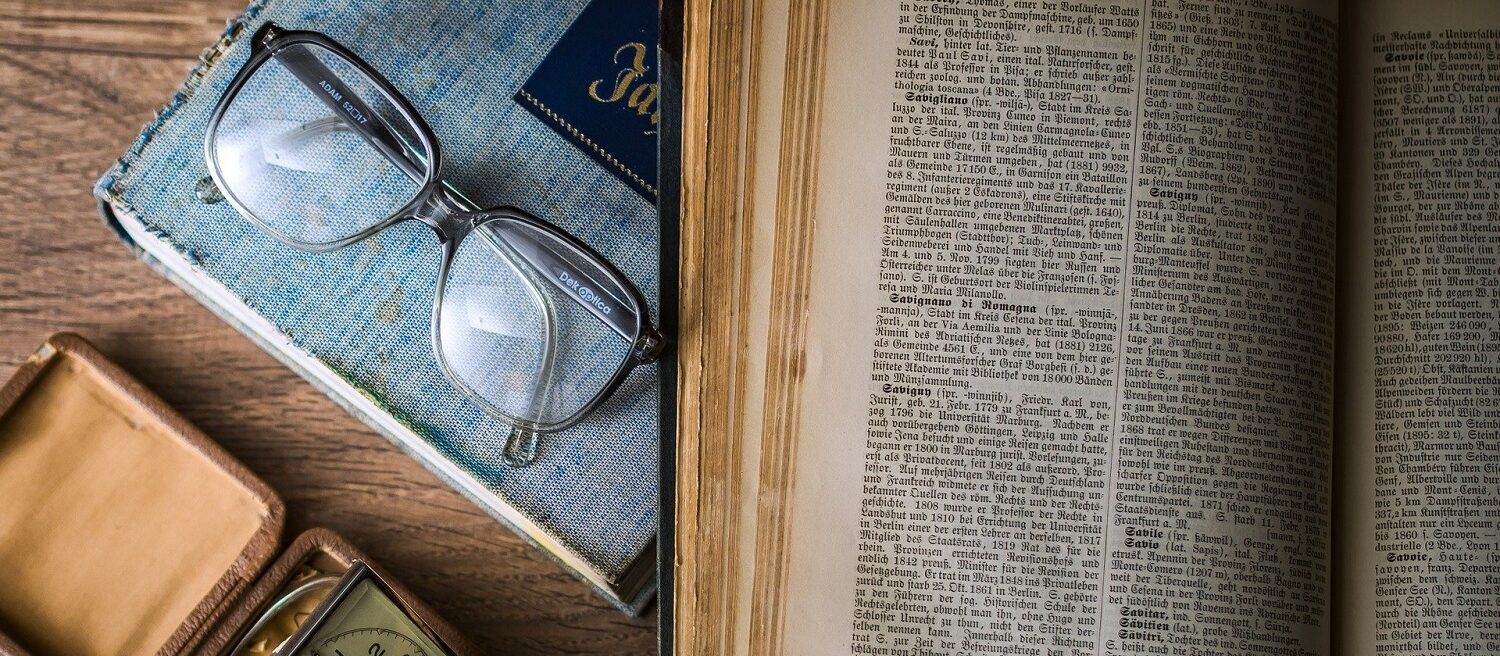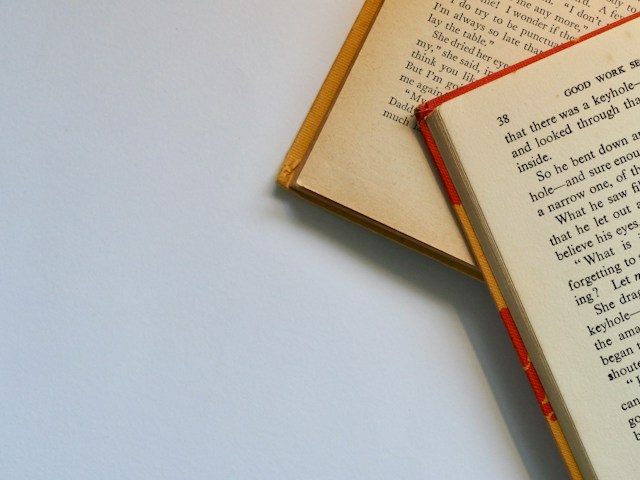One can speak of man and the world in the categories of exact and natural sciences, in the language of psychology, or in the complex concepts of the philosophical order. One can revel in the fear of the incomprehensibility of life, or pride oneself on the rational obviousness of events and behaviors based on true knowledge. Writers confront their characters with the unavoidable necessity to act, to be driven by social motives or irrational drives, to become victims of their own illusions. Literature reveals the necessary and unconditional conditions of human existence, correlates them with the reader’s cognitive social experience, projects the reader’s aspirations in the form of a certain model of the realized past or the expected future, formulates them in the context of the chosen artistic method and genre.
A scientific experiment is based on the facts within which it is conducted. The activity of the scientist often excludes anything that can be considered subjective and arbitrary. The unquestionable goal of experimentation is the attainment of objective scientific truth. But it is often led to it by a subjective way of knowing, by intuition, which, if successful, will become axiomatic and become a model of observation and a paradigm for followers, for science tends to ignore all particular situations. It is on this basis that it rests.
The world discovered as a result of scientific activity and the world as a result of literary work are marked by differences. For the author of a work of fiction, unlike a scientist, there are no “random” facts. Reality is so contradictory that it is difficult to guess which element of it to prefer and which to ignore. Reality in all its diversity, or on the contrary, truncated into fragments, is transferred to the book and remains in it in an unequal unity.
The manifold facts presented in the text create the illusion of a holistically reproduced world. The boundaries of the artistically meaningful reality are no less arbitrary than the source material. The means of artistic expression used are marked by the author’s subjective objectives. However, it is impossible to reduce the work to a random and intuitive expression of the writer’s intentions. Any artistic innovation or phenomenon of creative arbitrariness of material selection and its artistic development are conditioned by the psychology of the artist, his tastes, predilections, ideological position, moral preferences of the writer, who interprets the world in accordance with the volume of knowledge and with certain philosophical and aesthetic positions. In addition, the literary work develops according to the laws of genre and style. Creative basis for the author become common in this or that era style, method, poetics, defining the boundaries of the corresponding tradition.
For all the randomness of the writer’s selection of material, the conventionality and subjectivity of his work – the spontaneity of his preference for certain facts, the arbitrariness of his commentary, the paradoxical nature of the temporal sequence, etc. – His ultimate goal is to offer the reader an image of reality in which the “accidental” becomes an impulse for comprehending the probabilistic nature of particular phenomena and human existence.
As a result of artistic generalization, the effect of verisimilitude, the recognizability to the reader of the world created by the author, is achieved. Artistic creativity does not exclude, and often even implies provocative forms of depicting reality. Intermittent and at first glance chaotic for each person reality of events and sensations acquires in the book a logical picture. The reader perceives the image of reality created by the author’s artistic mind as one of the hypothetical variants of the world-existence, which should be eschewed or should be transferred to the reality of one’s own existence.
The existence of heroes, marked by the stamp of uniqueness, becomes the basis for “authentic” readers’ perceptions of life. In this sense, literature can be called a projective model of the reader’s existence and can be partially correlated with the results of a scientific experiment: the experience of literary characters becomes a reference model or a false philosophical premise for the reader’s life project. One correlates the insights gained from books with one’s own existence, experiencing them, making sense of them, and adjusting reality accordingly to the world of fiction. Literature becomes a source of readers’ intuition and subjective evaluations that generalize reality.
Of course, the interpretation of any experience depends largely on one’s accumulated knowledge. The process of the influence of literature on a person can be conscious and unconscious, the author in the work reveals the reader’s manifold connections with the surrounding world.
One makes daily decisions determined by the experience derived from events that have taken place. Nevertheless, any cognitive act is in part also the result of the projection of literary situations into reality. Behavior is guided by intuition, which is based on the synthesis of subjective knowledge (life experience) with objective knowledge of the situations suggested by literature. The world presented in a book is contradictory, but the logical boundaries of the narrative – composition, genre, style, accomplished images, author’s reasoning, movement, and conflict resolution – act as a guarantee of a certain world order. Each work thus bears the stamp of orderliness, of relative stability, which encourages the reader to relate his life to the world artistically created by the writer. Hence, the exceptional importance of literature as an institution that offers a procedural reality in the form of realized and completed models that determine one’s place not only in the physical and social, but also in the spiritual world.


